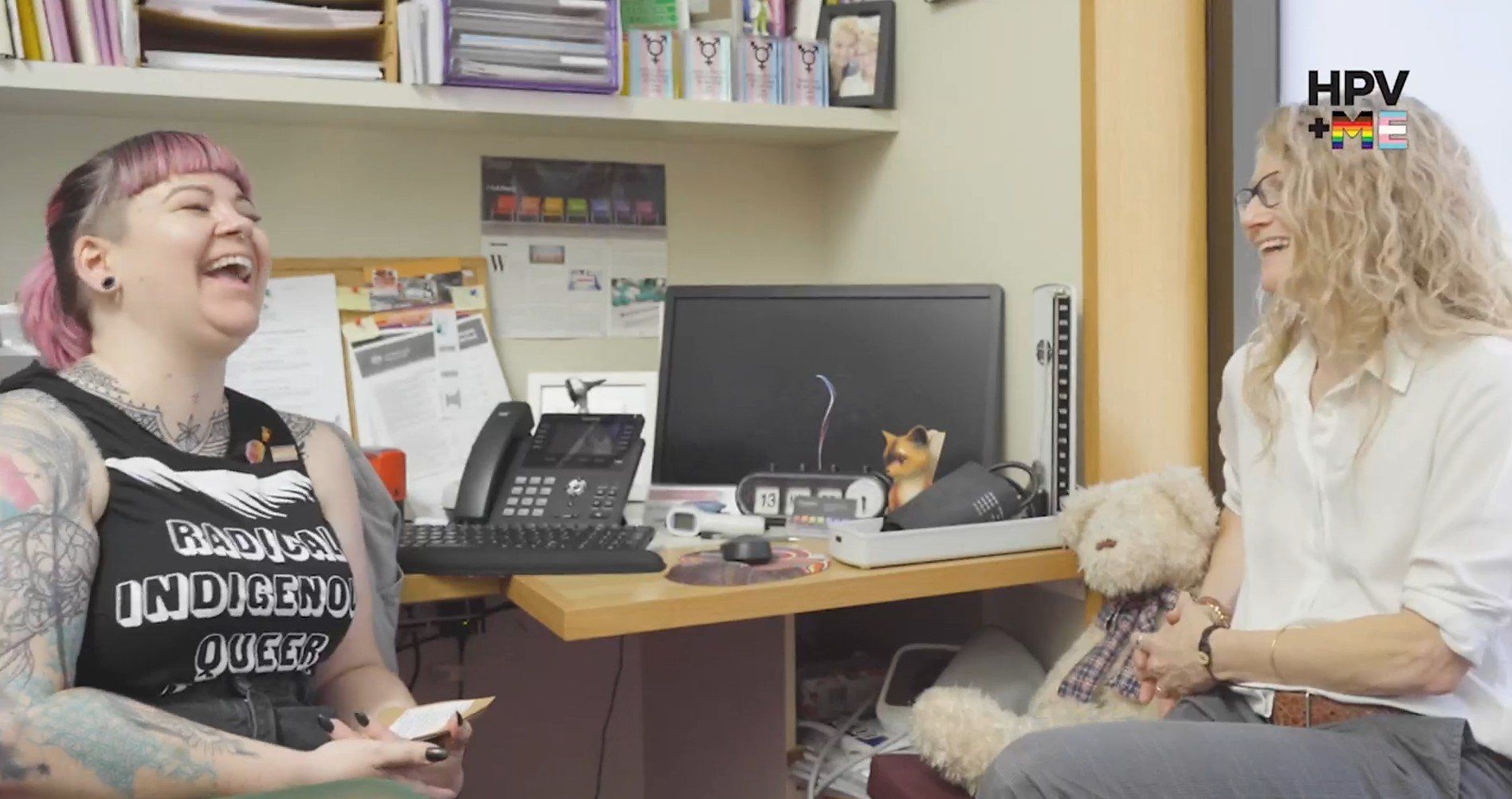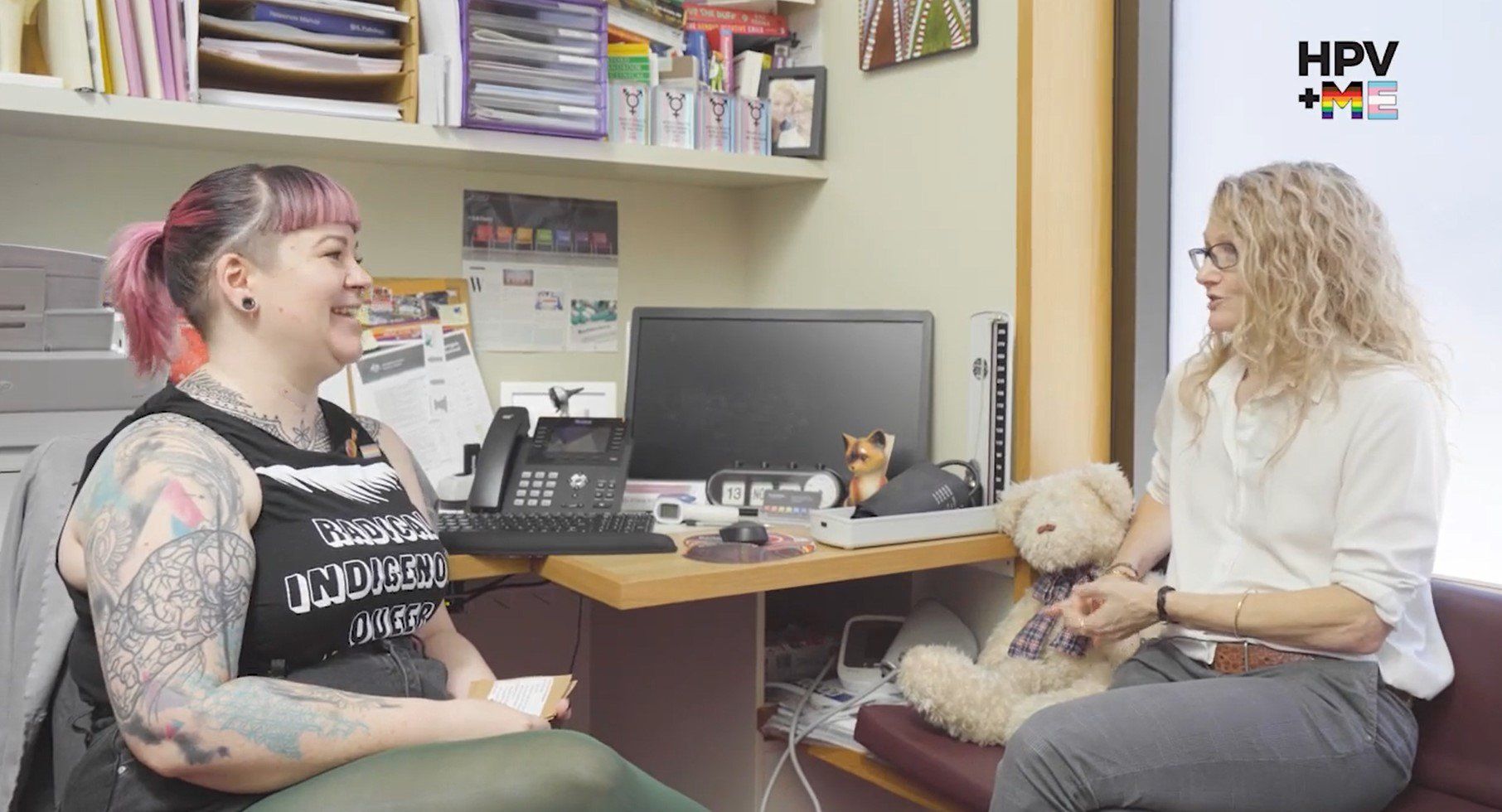Video Transcript
One of probably the most significant prevention tools or resources that we have is the Gardasil vaccine. Is that a correct assumption?
Yes, Gardasil was one of the brands of cervical cancer vaccines that we now have. It's probably the one that's most commonly used and when it first came out it, it was a vaccine against four different strains of HPV, two that are associated with cancer of the cervix and two that were associated with genital warts. It's now been expanded to 9 strains of HPV. I's got greater protection. The problem is that if you didn't get it at school or in a catch-up program, it's quite an expensive vaccination. And that is a real shame. It would be great if it was available to expand the age group of people because it is the cost is quite prohibitive. When you think about what it's preventing, the cost pales in comparison. If you are able to afford it and you know you never got the vaccine, then you should really, really consider it because it's a huge investment.
Say you're maybe someone in your 30s or 40s, even older. Is there a benefit to accessing the vaccine at that time? If you can?
It's a good question because we know that vaccines like this tend to work better in younger people because younger people's immune systems actually are better at making antibodies. When it was initially licenced in Australia, it was for people under the age of 26. Overseas, they've now broadened that and they're rolling it out to people up to the age of 45. And in fact the manufacturers have been saying all along you could use it in all the people. Sure, the gains won't be as great, but I still think that it's probably worthwhile and I'm certainly open to vaccinating people at any age who want to. There's also a belief that if you've ever had HPV or warts that it's too late for you to have the vaccine. And that's actually a contentious view and we don't really have great scientific data yet to disprove that. But a lot of clinicians, myself included, think that there probably is a therapeutic benefit to the vaccine and that, as you say, there are multiple different types of HPV. So having had one doesn't protect you against having another one later. And so, I still think there's a role for the vaccine even if you've had HPV before.
Do you have any other tips or advice for the LGBTIQ+ communities, when it comes to approaching their doctors or GP's about HPV related healthcare?
I think the bottom line is just to remember that HPV is a virus. It doesn't discriminate. It doesn't care what your gender, sexuality, sexual preference, number of partners, anything like that is. It just is looking for somewhere to make the home. So being aware that you could be at risk of HPV and that you're eligible for a screening program means that you should, if your doctor doesn't offer you the screening, that you should ask for it. The problem is that people make assumptions. Doctors make assumptions about their patients and often you know everyone's busy and if you come in and it's not something that's the actual reason why you've come in, it might not come up in conversation, it might get forgotten. If you're listed in the system as a man, then it might not come up as a reminder in your chart that you're overdue for cervical screening, so I think it's really important that doctors have it clear in a patient's record that they understand what their gender identity is and what their organ inventory is, so they know what sort of screening to offer them.
For doctors, we want to be able to have open conversations with doctors about what's going on with our bodies. So there just needs to be that comfort around talking about those parts of your body. And probably sometimes you might just need to educate your doctor about what language you prefer them to use. Some people don't particularly like people talking about them having a vagina, and they would prefer that they use another word. And if your doctor hasn't asked, then you should be able to tell them what words or language you would prefer they use, because that just makes it much more comfortable. We often think about cancer as being something that old people get, but HPV cancers happen in young people. Our cervical screening programs saves lives. Testing for HPV and screening for it is so vital. And if you're going to be able to get vaccinated and protected against cervical cancer, throat cancer and anal cancer, what's not to love about that?





